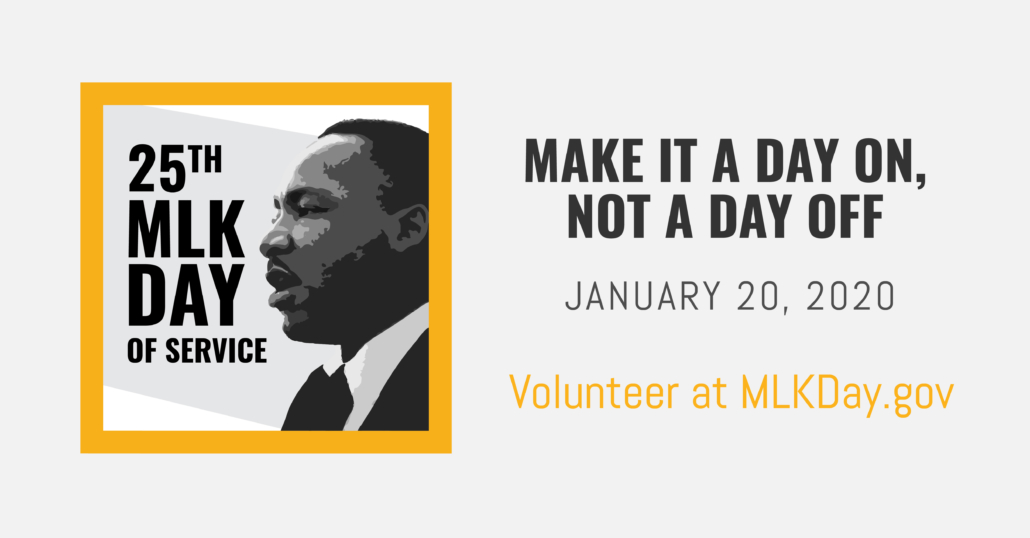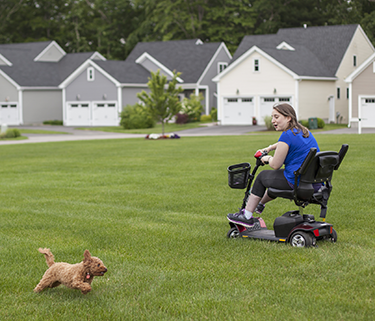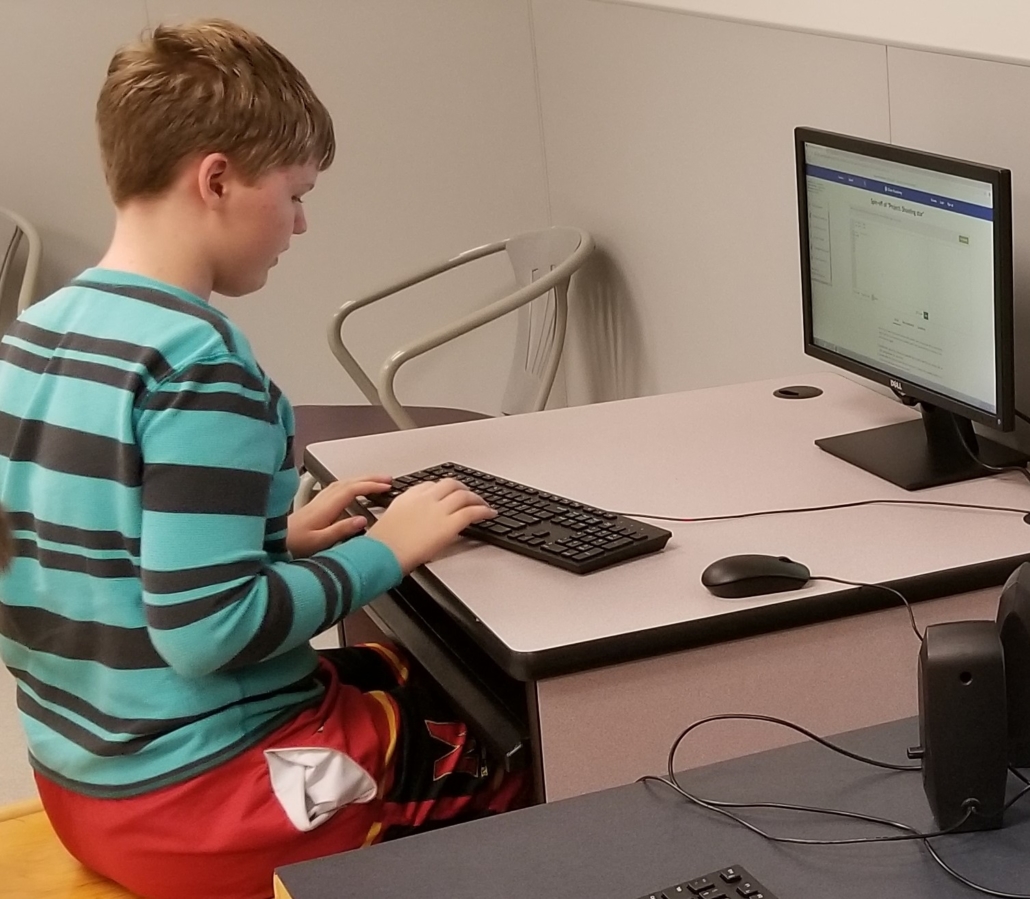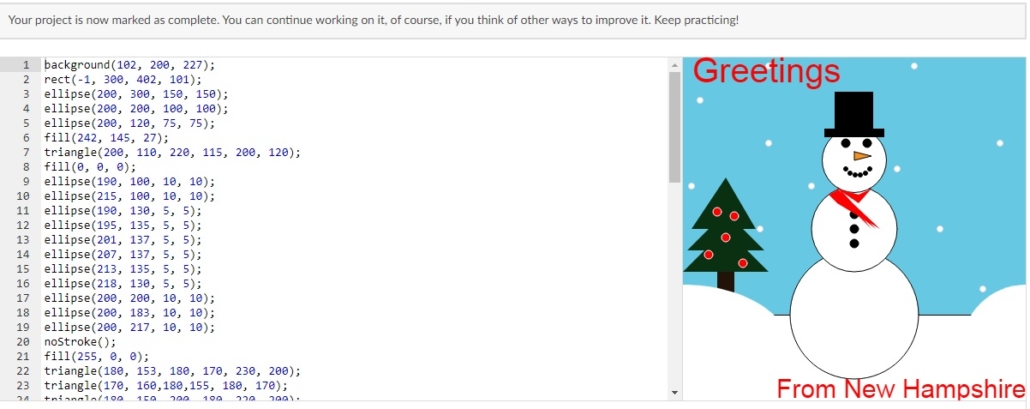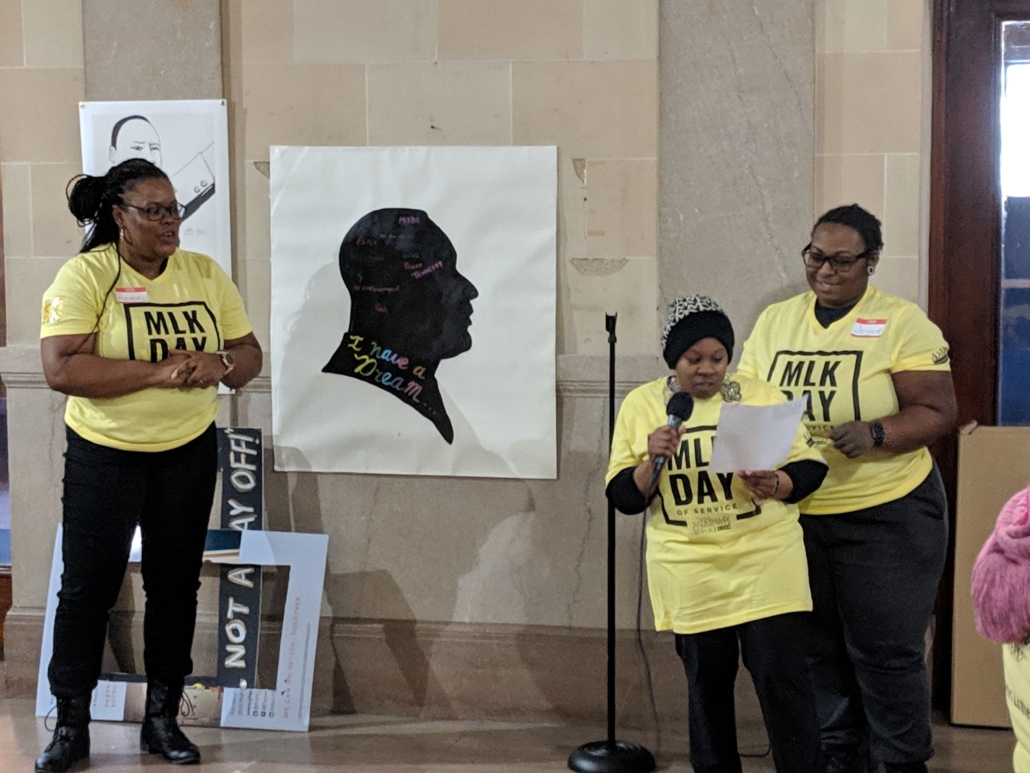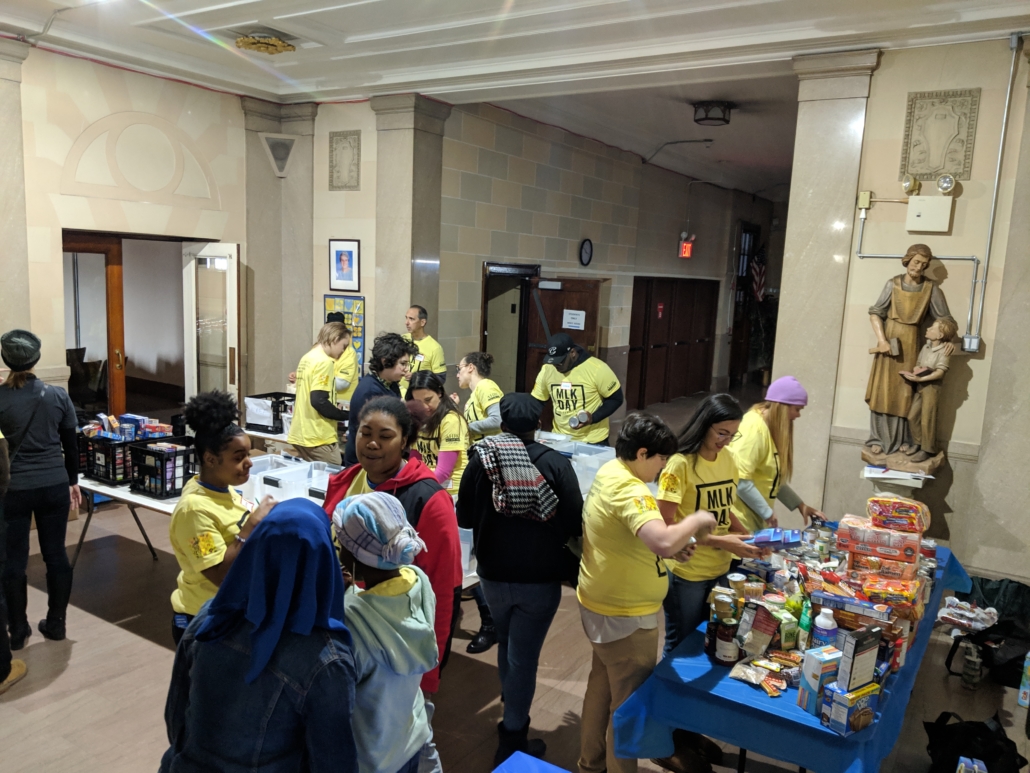The Arc Strongly Opposes Administration’s Budget Proposal
Washington, D.C. – The Arc strongly opposes President Trump’s 2021 federal budget request announced this week that includes sweeping cuts to programs that are lifelines for people with intellectual and developmental disabilities (I/DD). The President’s budget proposal is a clear threat to people with I/DD who need and rely on programs like Medicaid and other social service safety nets for basic survival and life in the community. The budget proposal reaffirms that the Administration’s priorities are not aligned with the well-being of millions of people with I/DD in the U.S., including children and families seeking quality and fair education.
TOP THREATS TO PEOPLE WITH I/DD IN WHITE HOUSE BUDGET PROPOSAL:
- Cuts to Medicaid and Social Security – President Trump promised to protect these programs on the campaign trail in 2016, but once again he is proposing to cut them – this time by about $1 trillion over the next decade. Medicaid, the primary health insurance program for people with I/DD, would bear the brunt of this cut. The Administration proposes taking away health care from low-income working adults, a group that also includes many direct support workers for people with I/DD, and encourages states to select per capita caps or block grant models to fund Medicaid for fewer people, limit services and supports under the program, and reduce eligibility.
- Cuts to Other Important Programs – President Trump’s budget request sharply reduces, or even eliminates, several programs that improve the quality of life for people with I/DD, and help provide food and shelter:
- Supplemental Nutrition Assistance Program (SNAP) or food stamps cut by nearly 30% over ten years.
- Department of Housing and Urban Development cut by 15%, including zeroing out the Community Development Block Grant program and the National Housing Trust Fund, making it harder for people with I/DD to find affordable housing.
- Developmental Disabilities Act programs are also on the President’s chopping block. His budget proposes cutting Projects of National Significance (PNS) by 92%. PNS provide grants, contracts, and agreements for projects that create opportunities for people with I/DD to participate in the community. The budget also requests cuts to State Councils on Developmental Disabilities by almost 30%. State Councils conduct advocacy and training and also promote the self-determination and inclusion of people with I/DD.
- Community Services Block Grant and the Social Services Block Grant are eliminated in the budget proposal. Both provide grants to communities to fund a wide range of services, including resources for people with I/DD.
Click here to see a listing of discretionary programs and their proposed percentage cuts.
- Discriminatory Education Programs – President Trump’s budget proposes a $5 billion school voucher program to support parents to choose any school for their children using public funding. But for students with disabilities, there is often no choice at all. Voucher programs allow schools to circumvent the Individuals with Disabilities Education Act (IDEA), forcing students with I/DD to forego the rights and protections they would have attending public school. Moreover, private schools are free to choose not to accept students with disabilities, or not to accommodate the disabilities of children they accept, which history has taught us is likely to occur.
- Left Out of Paid Leave– The Administration proposes a new benefit for states to provide at least six weeks of paid family leave to new mothers and fathers, including adoptive parents. It leaves out the vast majority of people who take leave in the U.S. for family caregiving and medical reasons, including people with disabilities who need leave to address their own health and people who need leave to care for a family member with a disability or illness. We need paid leave policies that are inclusive of the needs of people with disabilities and their family members.
- Extending Tax Cuts – The President’s budget would permanently extend the 2017 tax cuts and the challenges they have created for people with I/DD. Under current law, most individual income tax and estate tax provisions from the 2017 Tax Cuts and Jobs Act are scheduled to expire after 2025. Since the law passed, the bulk of the tax savings has gone to the wealthiest 10% of Americans and, rather than paying for themselves, the tax cuts have blown a huge hole in the revenue side of the federal budget, contributing to a projected $1 trillion deficit this fiscal year, and prompted calls to cut Medicaid, Social Security, and other programs vital to people with I/DD.
“President Trump’s ‘Budget for America’s Future’ attempts to create an especially challenging future for Americans with intellectual and developmental disabilities. As we have seen in his past budgets, proposed cuts to spending fall disproportionately on people with disabilities who depend on a number of federal programs for their health and well-being and to stay engaged in their communities. We ask that the President and leaders in Washington devise fiscal plans that help make life in America better for people with I/DD, not worse,” said Peter Berns, CEO, The Arc.







